Initially, in my eager freshman excitement, I was quick to offer a response: “because I love it.” But after exploring this epiphany in further detail, I realized that the explanation came from no real, probing thought but rather the naivety of a 19-year-old with a fervent desire to answer all life’s questions in five words or less.
Throughout my years at university I teased out a variety of answers to this plaguing question, everything from the realistic, “because it is healthy and makes me feel good spiritually, mentally, and physically” to the more philosophical, “because it is part of what makes me who I am. It helps to define my ‘self’.” Yet, I was never completely satisfied with my answer.
Upon leaving college behind more than a year ago, I took with me many of the ‘answers,’ but the one question remained unsolved. Luckily, however, while my sub-consciousness does still find a sneaky way to occasionally force me to ponder the unanswered, I have escaped the icy stares of the people asking the question. That is, until recently.
Just over three weeks ago, I auditioned for and was asked to perform in a lyrical jazz dance with 12 other teachers from schools all over Singapore in the opening ceremony of the National Teachers’ Conference in September. When I was completing the ‘individual particulars’ form for the program just last week, I came upon the dreaded question again, appearing suddenly in my life like a ghost from the past. “Why do you dance?”
Maybe it is wisdom that comes with age (I am a whole year older after all), knowledge that comes with travel, or insight that comes from interacting with and in a variety of cultures and with many varied individuals, but after much contemplation, I have finally come up with a far more satisfying answer. (Too bad I do not have a college dance professor to enlighten any longer.) This is what I wrote:
Every human society that has ever existed on Earth has danced. There is something so primal, raw, and purely human about dancing that seems to break down all cultural, ethnic, religious, economic and political barriers. It is dancing that allows us to communicate with people who are very different from ourselves, and it is dancing that has the ability to reveal the commonalities between all people. Dancing opens a window to the soul, and it is for this reason that I feel most alive, most connected, and most fulfilled as a person when I am watching dance or dancing myself. Dancing has become like breathing to me, and without it, I do not think I would feel fully alive.
So, with my new found answer I have reflected more clearly on the dancing my mom, Elizabeth, and I were able to witness when we were in Cambodia. We watched groups of orphans singing and dancing among the ancient temples of Angkor Wat, gazed upon the grand ballet stage on which the king gives his private performances, and saw traditional Khmer dance over a Khmer dinner feast.

With dancing’s power of communication and ability to create a very real, very powerful human connection between very different people, it is no wonder that I find myself drawn to watching dance and to dancing myself no matter where I am in this small world. Excuse me while I continue to dance my way through Southeast Asia.
Five down…three to go.
xoxo,
Rachel



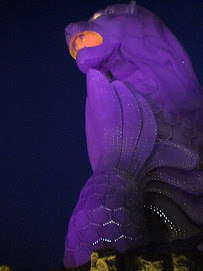

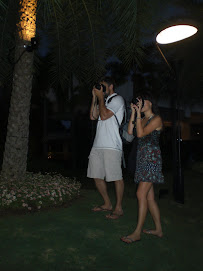

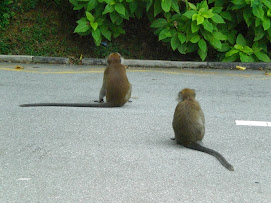
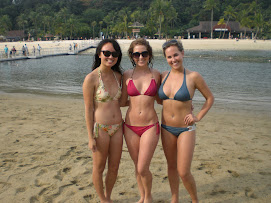
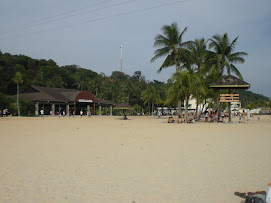
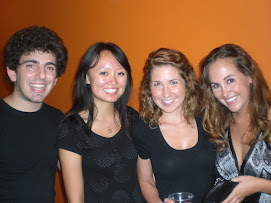

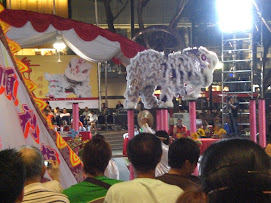
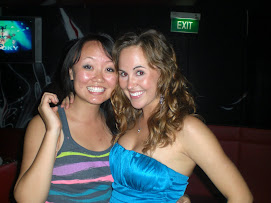
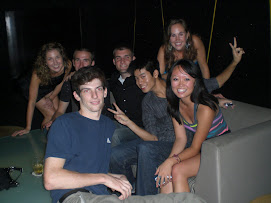
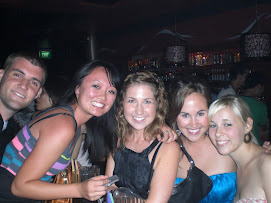

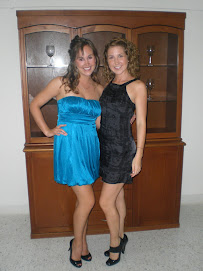


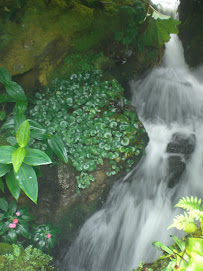

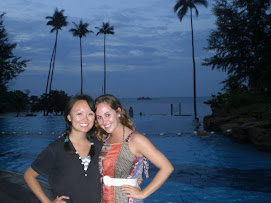
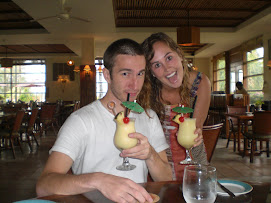
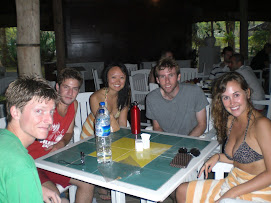
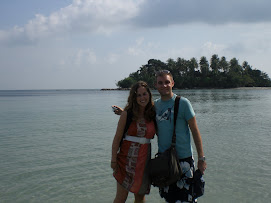
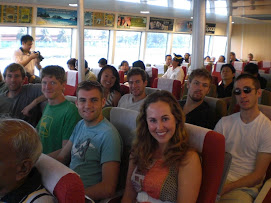
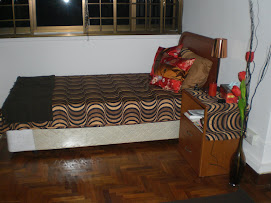
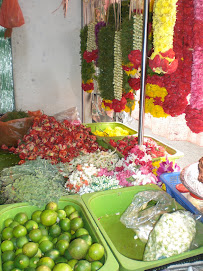


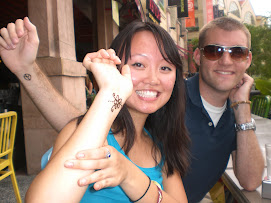
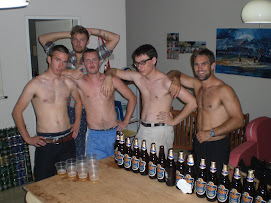
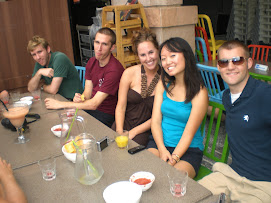
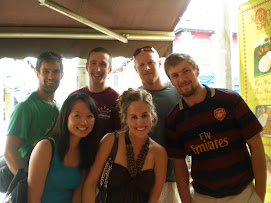
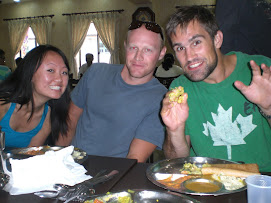
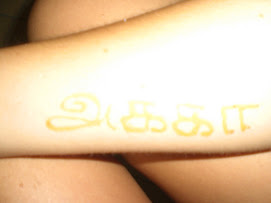
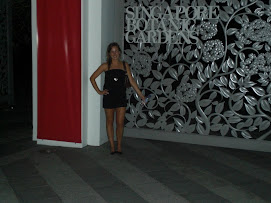
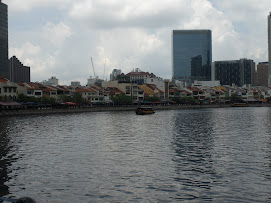
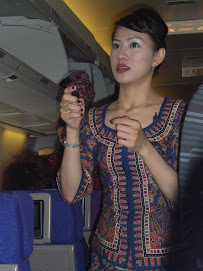


No comments:
Post a Comment